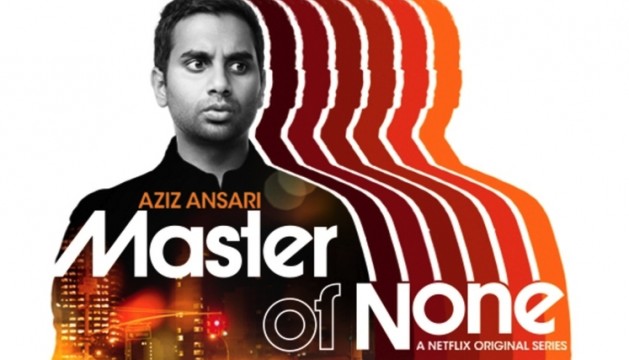Aziz Ansari gives audiences the “feels” with Netflix’s “Master of None”
December 11, 2015
A point of view from the eyes of an assimilated first generation Indian, Netflix’s “Master of None” fuses comedy and cultural perspectives, portraying the struggles of a young man in New York bouncing between his acting career and his desire for a meaningful relationship.
The resonance of “Master of None” lies within its depiction of the many issues facing society today. We have the man looking for commitment in the city, who struggles to get a job because of his race but always has the support of his friends. The protagonist Dev (Aziz Ansari) encounters problems in each episode, struggling in his relationship with Rachel (Noël Wells) and facing day-to-day racism in his acting career.
The main episodes to pay attention to are “Parents”, “Indians On TV”, “Ladies and Gentlemen” and “Mornings”, which all convey the overall direction of the show, not only as a comedy, but also as a much-needed representation of issues today’s generation continues to face.
“Mornings” takes a different turn from the traditional format of an episode, spanning a year in Dev’s apartment to portray the changes in his relationship, concluding with a generic feel-good happy ending adored by television shows everywhere. The feel-good theme isn’t ubiquitous in the series, however, especially in the episodes that address serious problems such as sexism and racism.
“Parents” was an episode particularly relatable to many, accurately portraying the struggles of immigrant families and their sacrifices to leave their home country and journey to America, hoping to give their children a future better than that of their own. A few scenes in particular nearly bring tears as Dev’s father couldn’t become a doctor because his parents were poor, taking the risk to come to America with nothing. Dev’s friend Brian also narrates the struggles of his own father, who left his family in China behind to give Brian the gift of opportunities, and the two take their parents to dinner as a token of gratitude.
“Indians On TV” primarily scopes the issue of everyday racism and cultural ignorance. Dev is unable to get the role of a cab driver because he refuses to do an Indian accent, which he later brings up with his actor friend Ravi. Dev, making Ravi aware that a White man was hired to play an Indian professor in “Short Circuit 2”, plays a key role in the acting opportunities for many Indians in general. Later during the day, Dev’s agent tells him about a leaked email where the director says that Dev “curried” the favor, infuriating him and eventually leading to his search for another role.
Lastly, “Ladies and Gentlemen” sheds light on an issue that has plagued America for centuries: sexism. Denise and Rachel make Dev and Arnold aware of the dilemmas that women face on a daily basis, from cat-calling to a lower salary. A particular scene shows Dev’s boss shaking hands with Dev’s male friends and ignoring Denise and Rachel, finally making Dev aware of the clear gender inequality.
Steering away from the timeless aim of its counterparts with pop culture references and its incorporation of witty, modern speech, “Master of None” shifts the focus of television to the more pressing everyday issues, all while weaving in the unique dialogue and compelling comedy that Ansari is known for. Combined with its stunning visuals and memorable lines, “Master of None” not only presents these important issues to the audience, but does so in an effective manner, making citizens aware of America’s inner struggles.

